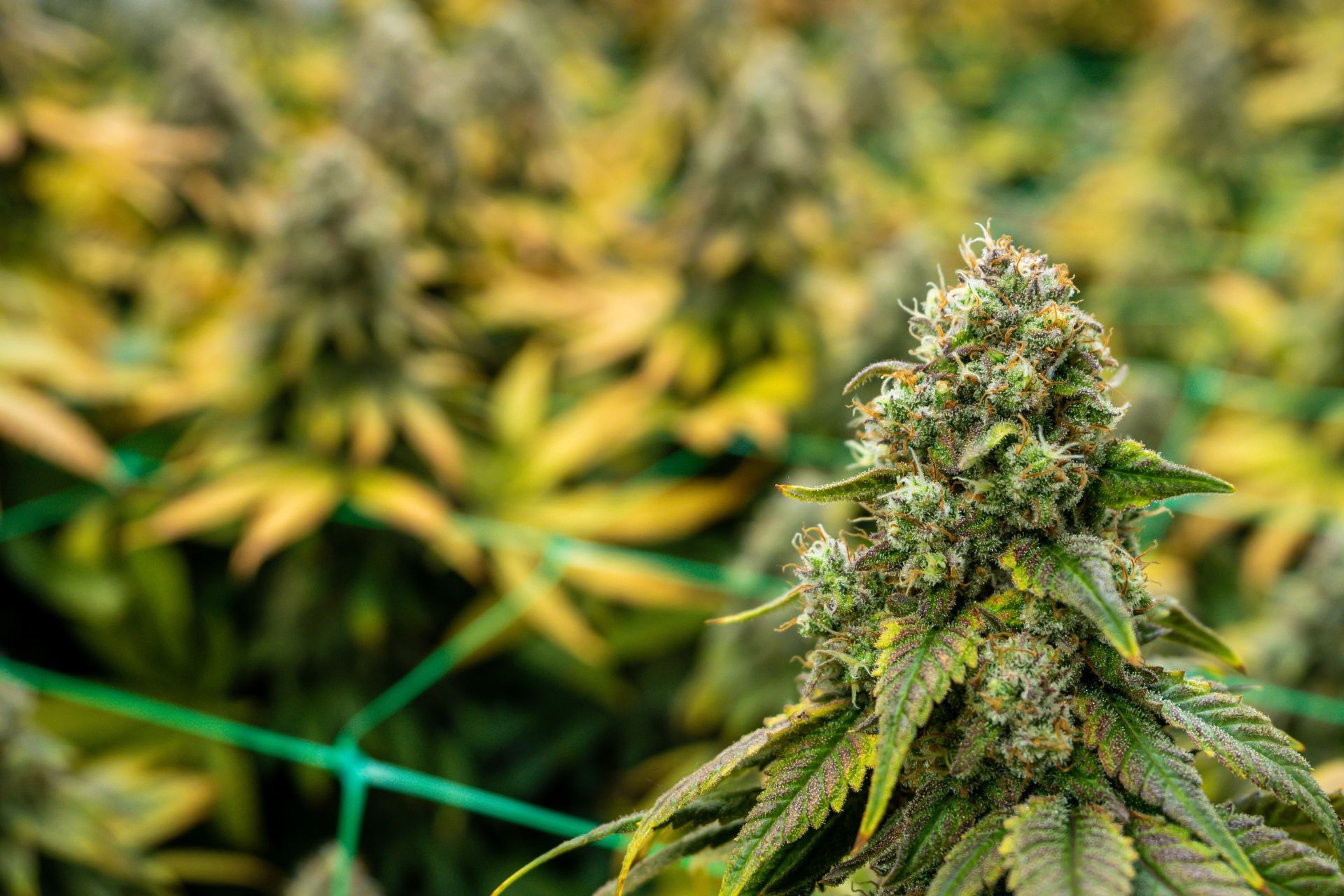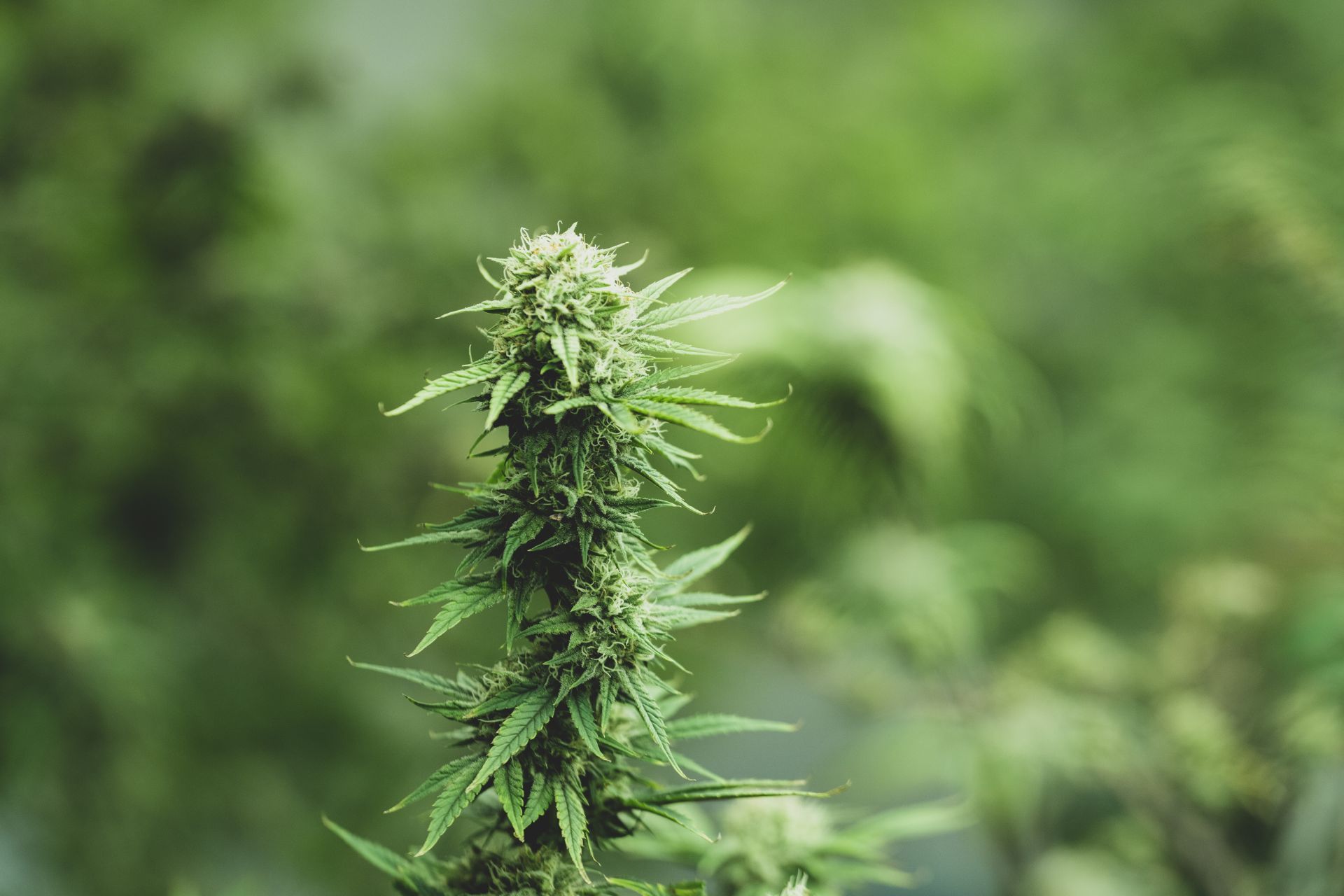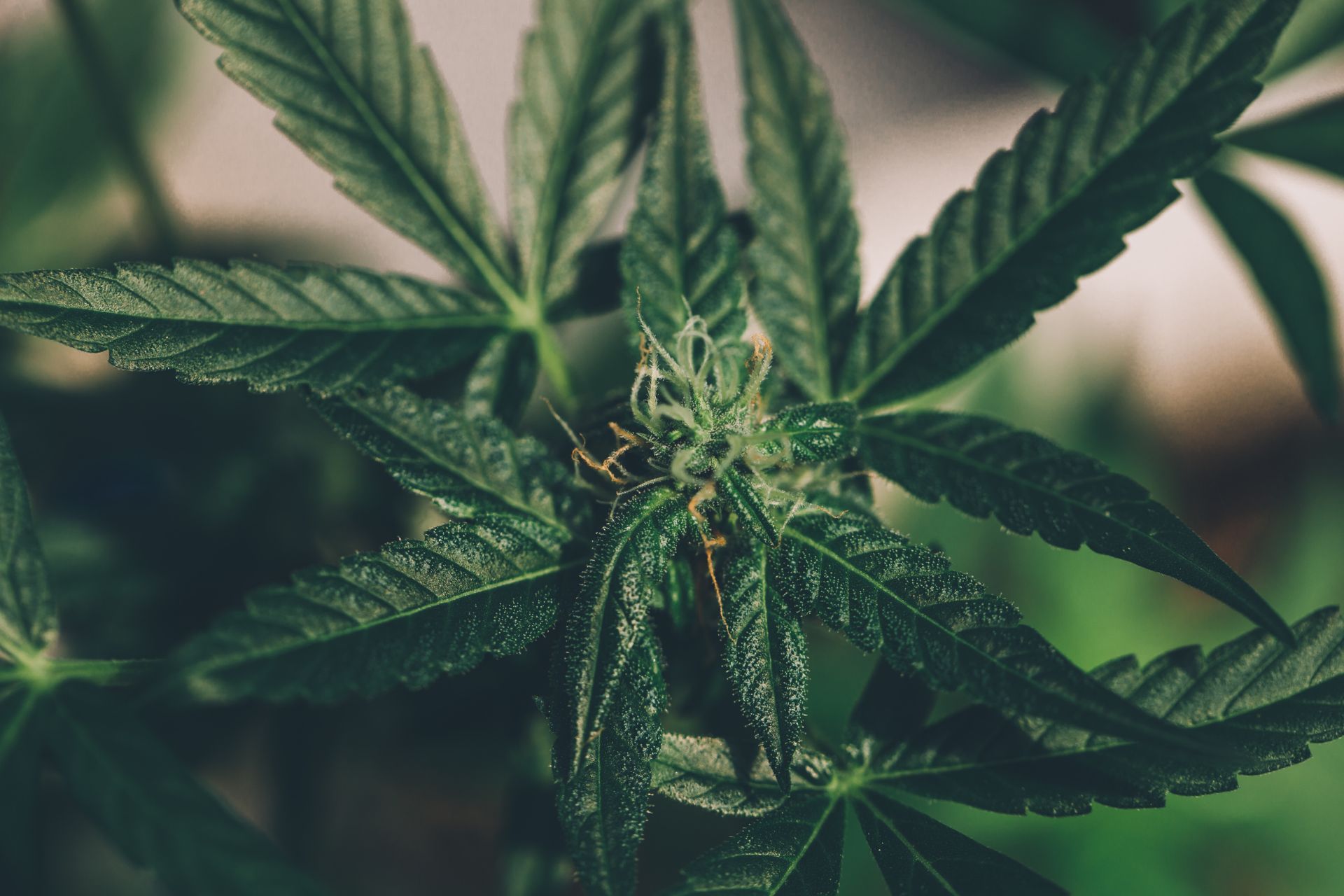The Importance of Employment Practices Liability in Cannabis Startups
See How We're Different
or call us: (215) 653-8411
Launching a cannabis startup means navigating a complex maze of regulations, market pressures, and operational risks. Among these challenges, employment practices liability insurance (EPLI) often flies under the radar. Yet, ignoring EPLI can leave a business vulnerable to costly lawsuits and reputational damage. The legal cannabis industry employs around 430,000 people nationwide, with more than 100,000 new jobs added just last year according to Milliman. This rapid growth brings workforce-related risks into sharper focus, making EPLI a critical consideration for startups aiming to build sustainable operations.
Why Employment Practices Liability Matters in Cannabis
Employment practices liability covers claims arising from workplace issues such as discrimination, harassment, wrongful termination, and retaliation. These claims are not uncommon in the cannabis industry, which has struggled historically with workplace culture problems. A 2020 study highlighted that sexual harassment and discrimination "plague" the legal cannabis sector, potentially a lingering effect of its illicit past Milliman reports. For startups, this means the risk is not hypothetical but very real.
Retaliation claims, in particular, are a growing concern. In 2022, such claims accounted for nearly 52% of all discrimination charges filed with the U.S. Equal Employment Opportunity Commission (EEOC) PLRisk data shows. Cannabis startups often operate with lean teams and informal HR practices, increasing the likelihood of disputes escalating into legal claims. EPLI helps cover defense costs and settlements, which can otherwise drain resources and threaten a young company’s survival.
Unique Challenges for Cannabis Startups
Unlike traditional industries, cannabis businesses face additional regulatory scrutiny and social stigma. This environment can complicate hiring, training, and employee relations. Many operators are still catching up on securing proper EPLI coverage. Jim McErlean, Business Development Manager at Cannasure, notes that while more cannabis businesses are buying EPLI, many still lack this essential protection according to IAMagazine.
Employment Practices Liability Trends in the Cannabis Industry
Recent market reports reveal a notable increase in cannabis businesses purchasing EPLI. The Amwins State of The Market Report 2023 documents an uptick in EPLI uptake over the past 12 to 18 months Amwins reports. This trend reflects growing awareness of employment-related risks as the industry matures. As cannabis businesses navigate the complexities of legal compliance and employee relations, it becomes increasingly clear that proactive measures are essential for safeguarding their operations and reputations.
Despite this progress, a significant gap remains. Hub International’s 2025 Cannabis Outlook Executive Survey found that approximately 75% of cannabis industry respondents reported inadequate insurance coverage to protect against profit-threatening risks MG Magazine highlights. This shortfall leaves many startups exposed to claims that could jeopardize their financial health. The potential for costly litigation not only threatens the bottom line but can also tarnish the brand's reputation, making it imperative for businesses to prioritize comprehensive insurance solutions.
Common Employment Claims Startups Face
Cannabis startups often encounter claims related to:
- Sexual harassment and hostile work environments
- Discrimination based on race, gender, or disability
- Wrongful termination or constructive dismissal
- Retaliation against whistleblowers or complainants
How EPLI Protects Cannabis Startups
Integrating EPLI Into Risk Management
- Implementing clear anti-harassment and anti-discrimination policies
- Providing regular employee training on workplace conduct
- Establishing transparent complaint and investigation procedures
- Documenting employment decisions carefully
Other Critical Coverage Gaps for Cannabis Startups
Employment practices liability is vital, but it is just one piece of the insurance puzzle. Cannabis startups also face unique risks such as product recalls and property damage. For example, Michigan regulators recently announced a major recall of over 23,000 vape cartridges produced by Exhale Systems IAMagazine reports. Such recalls can be financially catastrophic. The implications of a product recall extend beyond immediate financial loss; they can also severely damage a brand's reputation and consumer trust, which are critical in the competitive cannabis market.
Woodruff Sawyer emphasizes that recall exposures are massive, with the potential to put an operator out of business according to IAMagazine. This highlights the importance of comprehensive insurance strategies that include EPLI alongside product liability and recall coverage. Furthermore, the regulatory landscape for cannabis is constantly evolving, which adds another layer of complexity to risk management. Startups must stay informed about changes in regulations to ensure compliance and to adapt their insurance needs accordingly.
Insurance Cost Challenges
One barrier for startups is the soaring cost of insurance in the cannabis sector. Many companies struggle to balance adequate coverage with budget constraints. Hub International’s survey notes that insurance costs remain a significant pain point in 2025 MG Magazine reveals. However, skimping on EPLI or other essential policies can lead to far greater expenses down the line. The challenge is compounded by the fact that many traditional insurance carriers remain hesitant to underwrite cannabis-related risks, leading to a limited pool of options and often higher premiums.
| Type of Coverage | What It Covers | Why Cannabis Startups Need It |
|---|---|---|
| Employment Practices Liability Insurance (EPLI) | Claims related to workplace discrimination, harassment, wrongful termination, retaliation | Protects against costly lawsuits and supports workforce stability |
| Product Recall Insurance | Costs associated with recalling defective or unsafe products | Mitigates financial risk from regulatory actions and consumer claims |
| General Liability Insurance | Third-party bodily injury and property damage claims | Essential for operational risk management and business continuity |
Building a Strong Foundation With EPLI
Startups should work with insurance professionals who understand the cannabis sector’s unique challenges. Customized EPLI policies can address specific risks and coverage gaps. Jim McErlean of Cannasure points out that many operators are just beginning to adopt EPLI, which means there is an opportunity to get ahead of potential claims IAMagazine coverage. This proactive approach not only safeguards the business but also fosters a culture of accountability and transparency, which is essential in an industry often scrutinized for its practices. By prioritizing EPLI, companies can demonstrate their commitment to ethical employment practices, which can enhance their reputation and attract top talent.
Key Takeaways for Cannabis Entrepreneurs
- Employment-related lawsuits are a real and growing threat in the cannabis space.
- Retaliation claims make up a large portion of discrimination charges, underscoring the need for strong policies.
- EPLI helps manage legal costs and supports a positive workplace culture.
- Insurance costs can be high, but underinsuring is a bigger risk.
- Combining EPLI with other coverages like
product recall insurance offers comprehensive protection.
Frequently Asked Questions About EPLI in Cannabis Startups
Q: What does Employment Practices Liability Insurance cover?
Q: Is EPLI necessary for small cannabis startups?
A: Yes. Even small teams can face employment claims that are costly to defend without coverage.
Q: How can cannabis startups reduce employment-related risks?
Q: Are retaliation claims common in the cannabis industry?
A: Yes. Retaliation claims made up nearly 52% of discrimination charges filed with the EEOC in 2022.
Q: Can EPLI help with regulatory compliance?
Q: How does EPLI fit with other cannabis business insurance?
Q: Where can cannabis startups find tailored EPLI coverage?

Article By: Deb Sculli
Cannabis Insurance Specialist




